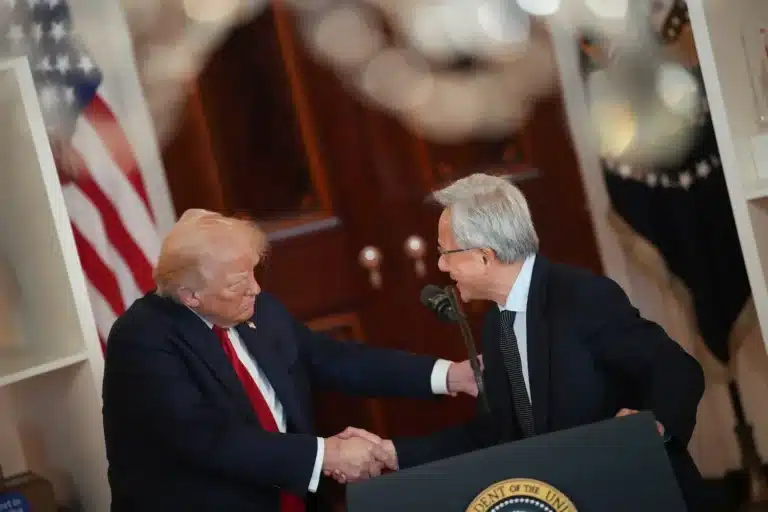Could a strategic lithium reserve kickstart US supply chain development?
NEW YORK -- A strategic lithium reserve is being mooted as a solution to stabilize volatile prices that have hindered American mining projects, allowi
Current Access Level “I” – ID Only: CUID holders, alumni, and approved guests only
President, Center for Climate and Energy Solutions
COP26 is behind us, but the work is just getting started.
The world leaders who convened in Glasgow, Scotland, negotiated an agreement with positive, meaningful steps toward global climate action. But many onlookers are calling for more ambitious timelines.
What comes next? For a deep dive into how the conference unfolded and what it means for the future of climate progress, Host Jason Bordoff spoke with economist Nat Keohane.
Dr. Keohane was recently named President of the Center for Climate and Energy Solutions. Before that, Nat was the Senior Vice President for Climate with the Environmental Defense Fund.
The pair spoke about the successes of the conference, including the final details of the so-called “Paris rulebook.” They also discussed the challenges that will carry over to next year’s conference and beyond.
Over the past week, President Trump has intensified pressure on Venezuelan president Nicolás Maduro by targeting the regime’s economic lifeline—oil. The United States has seized two oil tankers...

If it seems like you're hearing a lot more about geothermal energy lately, that's because this clean, firm energy source is at a technological turning point. With roots...
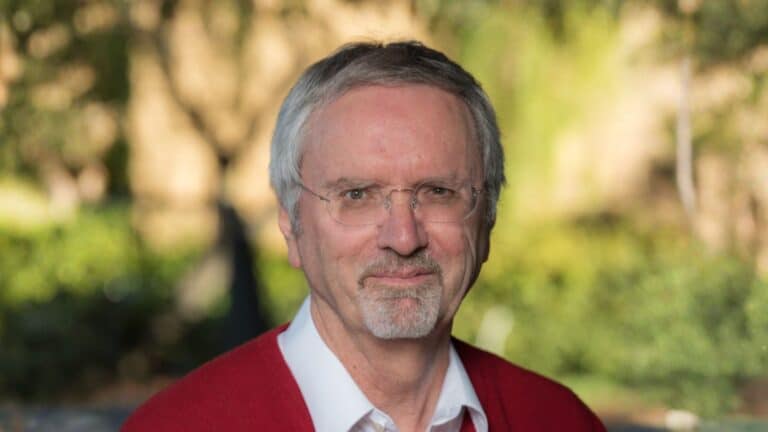
Investment in clean energy technologies is on course to hit a record $2.2 trillion this year, according to the International Energy Agency. That’s more than twice the amount...
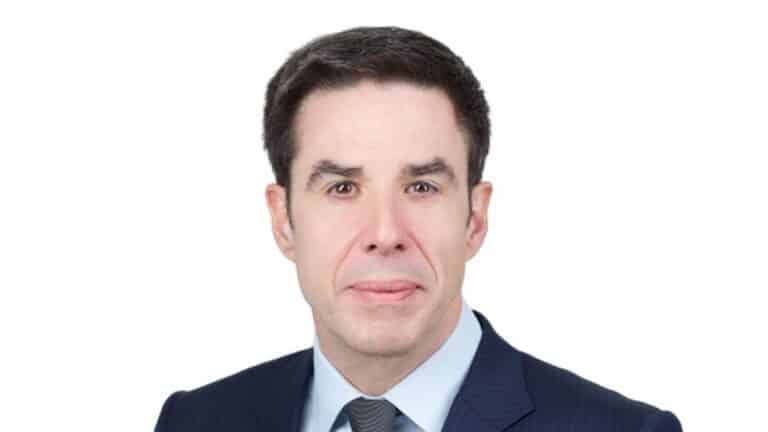
The national conversation around climate change is shifting. There’s more focus on energy affordability and demand, as well as on the dual role artificial intelligence plays as both...

This Energy Explained post represents the research and views of the author(s). It does not necessarily represent the views of the Center on Global Energy Policy. The piece...
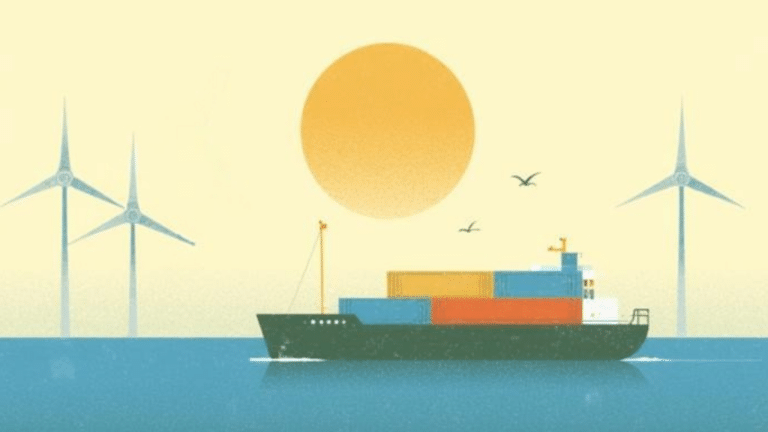
Geopolitical uncertainty associated with Russian gas exports could swing the range of those exports by an estimated 150 bcm per year.
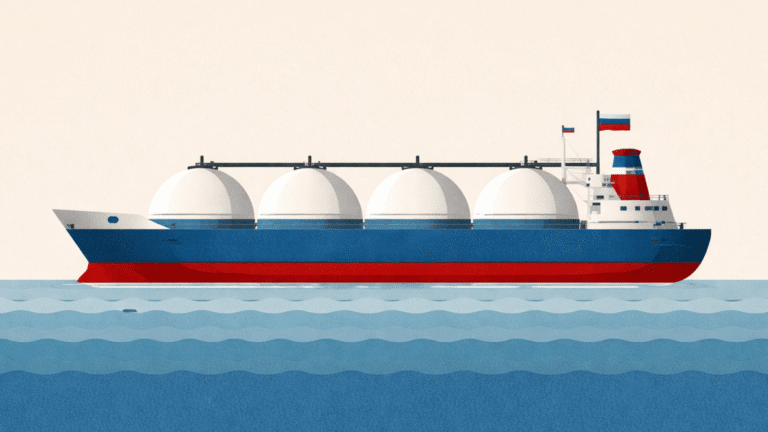
From the east to west and north to south, in red states and blue states, attention to data centers is skyrocketing in state capitals across the United States.
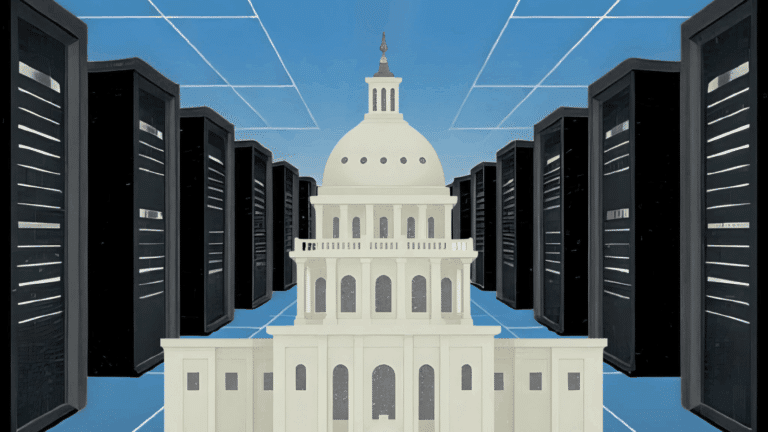
Trump’s latest proposal would cede the United States’ AI advantage.
